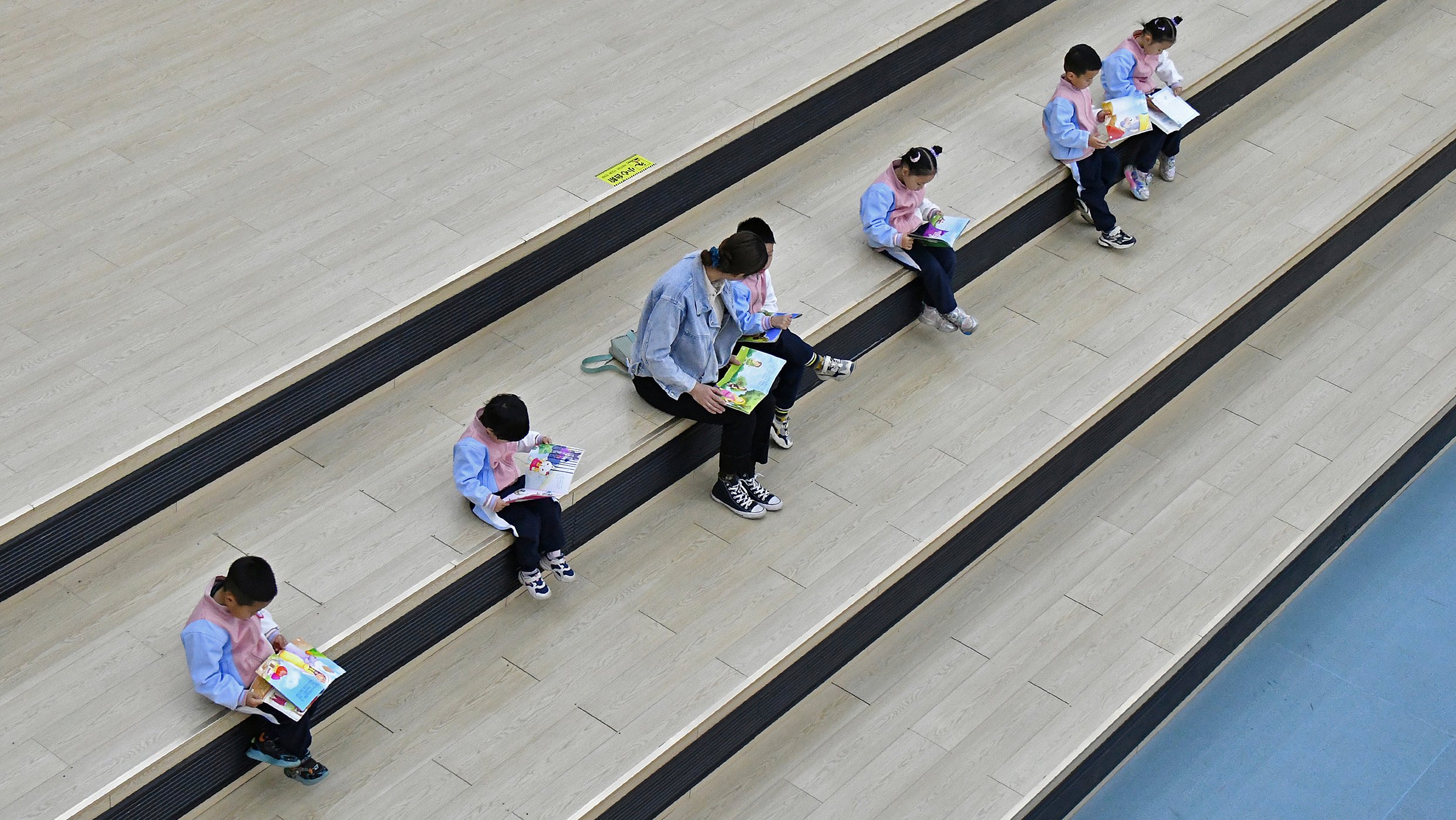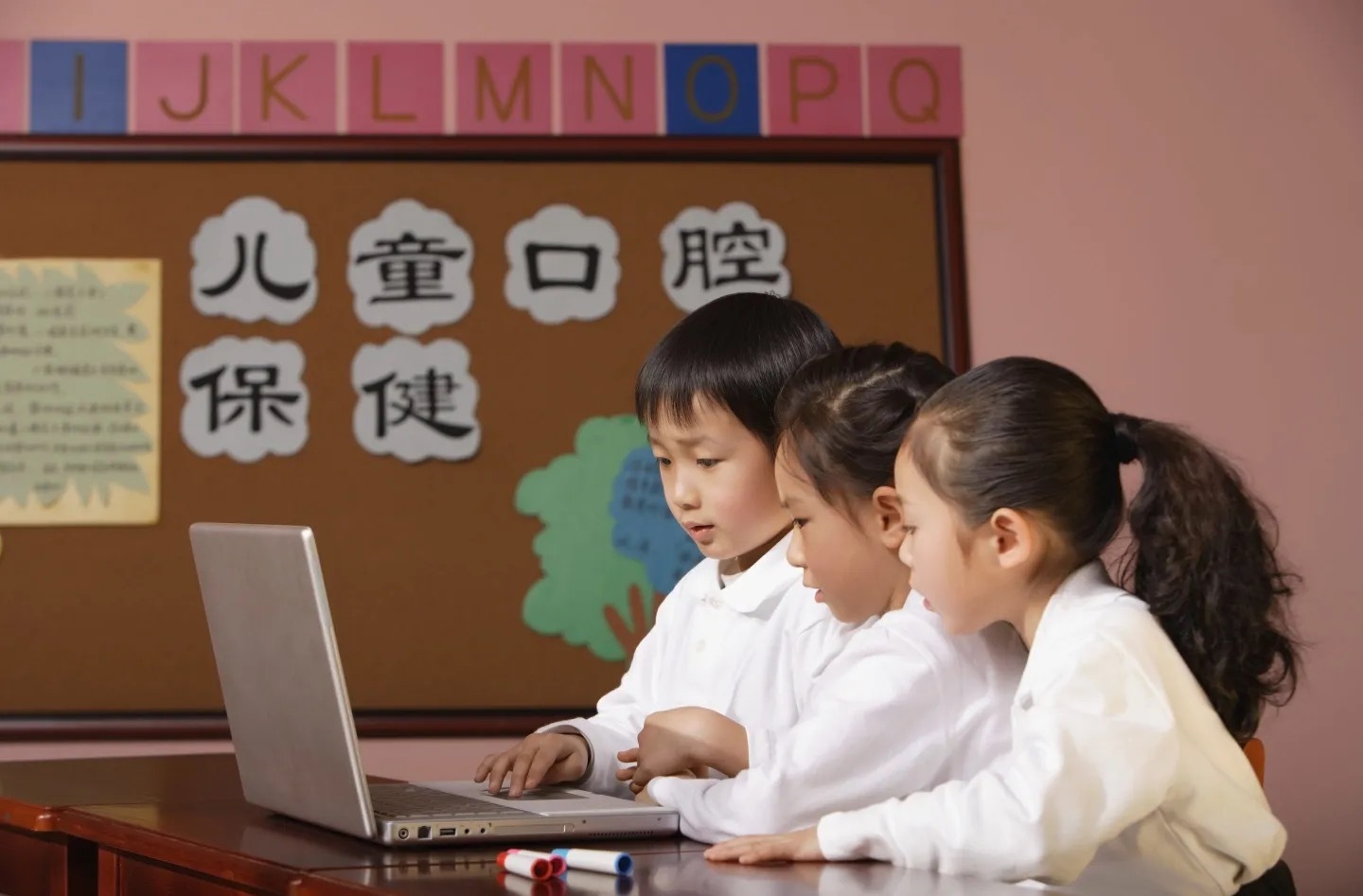China’s primary administrative authority, the State Council, set its sights on curriculum-based tutoring companies late last month, releasing a set of new educational policies to reduce students’ workloads and limit the operations of for-profit firms.
The new regulations have made a massive impact on China’s behemoth cram school industry and damaged the financial viability of training center companies. In the days following the crackdown, education stocks plunged on the Hong Kong Stock Exchange, with the value of New Oriental Education & Technology Group (NYSE: EDU) plummeting 47%.
Perhaps nowhere will these changes be felt more intimately, though, than with the students and parents who frequent these businesses. Chinese students are known for participating in private tutoring outside of regular school hours. This trend has been primarily driven by parents desperate to give their children an edge in a competitive world, among other reasons.
In part one of this three-part series on China’s education crackdown, we introduced the concept of ‘chicken parenting’ and how parents subscribe to this ideology for the sake of their children. Today, in part two, we examine how training centers lure parents in and how some parents have come to rely on after-school education programs.
If You Hesitate Today, They’ll Hesitate Tomorrow
“The after-school tutoring institutions must be strictly regulated … Uncontrolled capital maneuver must be strictly prohibited. The industry [of education], inherently based on people’s conscience, should never become a tool for manipulating profit.”
— Xinhua
In early June, China’s State Administration of Market Regulation announced that it had fined 13 Chinese after-school tutoring institutions a total of 36.5 million RMB (more than $5.6 million), the maximum penalty possible under Chinese law. State Administration officials cited the reasons for the fines as “false and exaggerated advertisement” and “price fraud.”
New Oriental, for example, was accused of faking the teaching experience of 76 teachers — all of them had their teaching experience inflated.
TAL Educational Group (NYSE: TAL), on the other hand, had reportedly inflated the undiscounted price of classes that were on sale, falsely luring parents to purchase services that weren’t as heavily discounted as advertised.
Related:
 China’s Embattled For-Profit Tutoring Sector is Fueled by Anxious ParentsChina’s new education reforms aim to free students from chronic academic stress, but some parents are likely less than thrilled with the changesArticle Aug 10, 2021
China’s Embattled For-Profit Tutoring Sector is Fueled by Anxious ParentsChina’s new education reforms aim to free students from chronic academic stress, but some parents are likely less than thrilled with the changesArticle Aug 10, 2021
“These are all sales behaviors,” says M, a teacher and manager at a private tutoring company in China who asked to remain anonymous. “Product sale, customer acquisition, capital conversion — these are the marketing terminologies I’d use to explain what I see. I see prime examples of the power of capital.”
However, M notices an inherent tension between education and capital.
“Education is supposed to be slow,” he comments, reflecting on his experience as a 20-year veteran in the industry. “Education takes time and energy. Whatever education product you choose, it is impossible for you to be immediately rewarded after only using it once or twice.”

The first floor of New Oriental’s headquarters in Beijing. Photo by Tony Hao
M adds that capital needs to increase for companies to survive, telling RADII, “For these capital-backed educational companies, they either need to make a nice profit, or they need to maintain a strong enough flow of customers. So what these companies devote most of their time into is developing the best ways to sell their products, rather than discovering the best way to teach courses.”
New Oriental and TAL’s sales strategies broke the law, and the two companies paid the price — literally. What some other companies have been doing, however, is much harder to regulate.
Last month, China Economics Weekly (CE Weekly) reported on the marketing strategies of some Chinese tutoring companies. The article noted one company that sent an “emotionally manipulative” sales pitch via text messages to potential customers.
The text was sent from the company’s marketing staff, labeled as “course-planning teachers,” and reads as follows:
“If you give up the opportunity of offering your children the best education, then don’t complain about your children not being excellent. You live in a brutal world. If you hesitate upon paying for your children’s lessons today, they too will hesitate tomorrow, when paying for your medical bills….”
Another company directed a parent to take out internet loans to sign up for their tutoring lessons. The course cost 2,600RMB, and the child’s family could not afford it.
To secure this potential customer, the company’s sales manager taught the mother how to borrow money from the online personal loan platform Huabei, a subsidiary of tech giant Alibaba. And when the manager realized that the mother’s credit score was not high enough to get money from Huabei, he instructed her to open new accounts to borrow from other outlets.

Haidian Huangzhuang, Beijing. Down the road, in the distance, are RDFZ and BDFZ, two of Beijing’s top middle/high schools. On the sides of the road are some of China’s most prominent cram schools: TAL, New Oriental, and Gaosi, among others. Photo by Tony Hao
CE Weekly did not explain whether the mother had the economic power to pay back the loans by the due date. Chinese-language education podcast Zi fei Yu (子非鱼) noted that the manager followed a designed strategy that he might have also used on other parents.
“Teachers in these private institutions have become trained actors,” M jokes. “They get hired, they’re quickly trained the same way, and they teach with — or ‘act out’ — a standardized script. This whole process of private tutoring, it’s become way too fast.”
“It’s all capital-driven,” M adds, “and this is definitely not how education is supposed to be.”
Backyard on Fire
It’s well established that Chinese parents want their children to participate in after-school tutoring to enhance their chances of future success. But these same parents may also need cram schools for the sake of their own wellness.
D is a mother of two daughters and requested to remain anonymous for this story. She used to work from 8 AM to 4:30 PM daily. During that time, her elder daughter’s elementary school ended at 2:30 PM. To ensure her eldest was supervised after school, she signed her daughter up for an English tutoring course.
“Another option was to hire a nanny to take care of her,” D tells RADII, “but nannies are expensive. Besides, what can a nanny do with your kid? Turn on the TV for her? While you’re working hard at your job? This feels like you’re trying your best to make money while letting your backyard be lit on fire.”

TAL has set up a branch in a Shanghai mall. Its billboard (third from the left) hangs among those of restaurants and jewelry shops and claims that its “scientific curriculum caters to the needs of every individual student.” Photo by Tony Hao
D recalls that she could get home before 6 PM on her busiest days, which is much earlier than many white-collar workers, especially those employed at companies with a 996 work culture. But come summer and winter vacations, both 996 workers and staffers with regular hours need to find somewhere to settle their children.
Those with a high enough income can hire nannies who graduated from China’s top colleges to teach their kids English (if they can afford the whopping $5,500 per month price tag). For the rest of the population, if they do not want to ‘set their backyard on fire,’ they will need to rely on family members to take care of their children or enroll them at training centers.
To counter this problem, beginning earlier this year, China’s government set up a voluntary after-school program that allows parents to leave their children in the hands of schoolteachers for free if they need to work late. The program extends into the summer holiday for a small fee.

After a long day of work, parents have to take care of their children and help with their schoolwork upon returning home. Image via Unsplash
Some parents might be happy with the new program, but teachers are less enthusiastic, particularly those with kids of their own. According to an anonymous schoolteacher, his work hours have increased by four hours daily because of this inchoate program.
In one example shared on Chinese social media, a parent in Beijing signed her first-grade son up for the after-school summer program, only to be contacted the next day by the teacher and told that “the pandemic is not yet over.” The teacher added that “kids will hate staying in the same classroom for nine hours” and “no other first-graders signed up.”
She understood what the teacher wanted. By the end of the day, she promptly removed her son from the after-school program.
With no concrete support from their employers or their children’s schools, many parents rely on cram schools as a tutoring service and a caretaker of their children while busy with work. Compounded with the aggressive sales strategies of many for-profit training centers, tutoring schools have established themselves as essential for both kids and their parents.
In the third and final piece of our series on China’s crackdown on private curriculum-based training companies, we will move beyond the academic and the business sides of the issue and discuss the human impact of for-profit tutoring and the chicken parenting philosophy.
Cover image via Unsplash


















